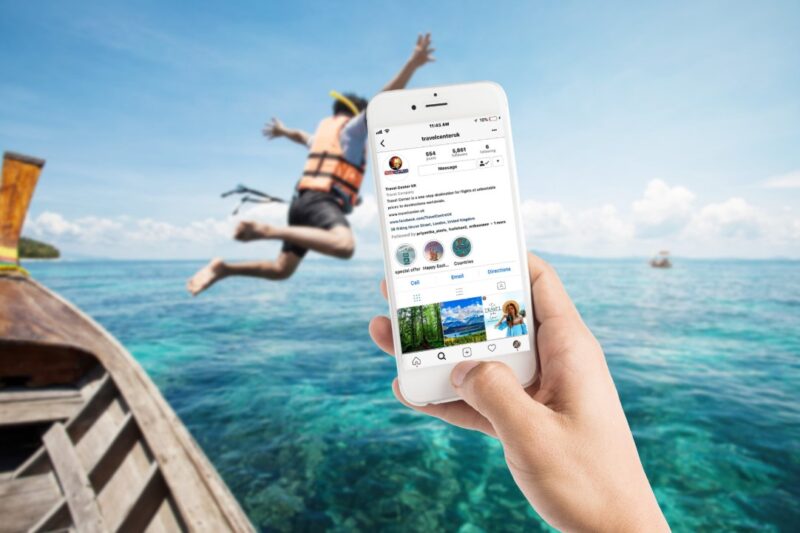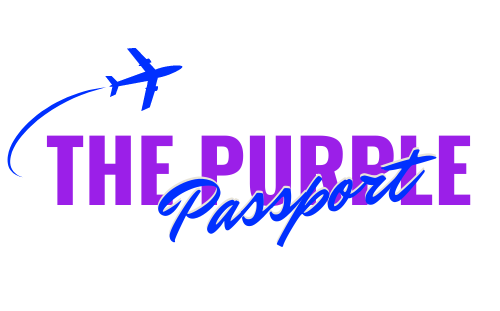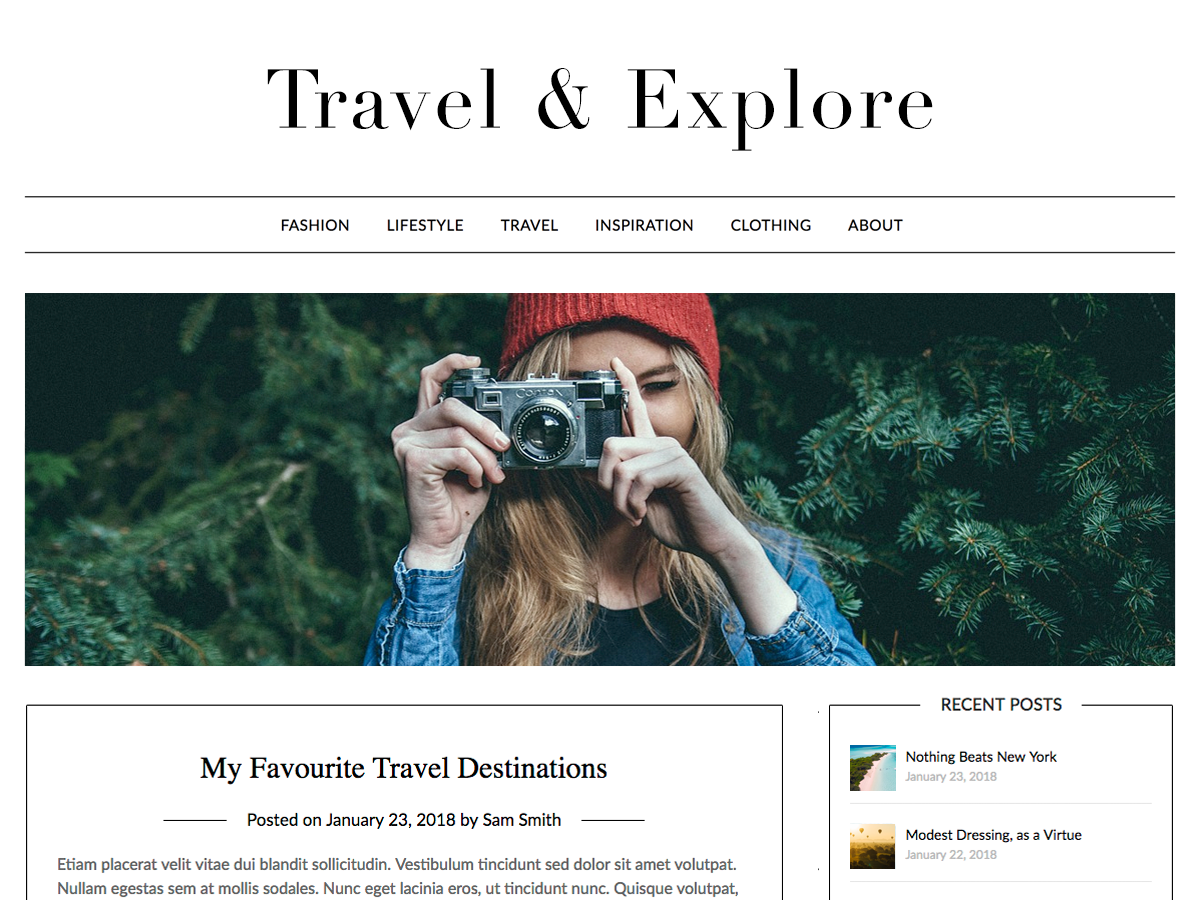The internet paints a dreamy picture. Every corner of the world seems like paradise—until you get there. Photos lie. Reviews contradict each other. Travel blogs recycle the same stories. But most people still take online travel tips at face value.
That’s a mistake.
What you read online can shape your entire trip. But not every source deserves your trust. Some are outdated. Others push paid content. And many are written by artificial intelligence models without human oversight. That matters more than you think.
Before you book that flight or pick your hotel based on a glowing review, it’s time to ask the right question: Should you believe everything you read about your next travel destination?
Travel Blogs Don’t Always Tell the Whole Story
Travel blogging is a business. Traffic brings money. Many creators chase search rankings, not accuracy. That changes the game.
Writers often exaggerate or cherry-pick details. A quiet café becomes “the best local secret.” A two-hour hike turns into a “quick morning adventure.” Words are chosen to sell the fantasy.
Photos make it worse. A sunrise shot with no crowd? That hilltop was packed. The crystal-clear lake? It’s edited.
You need to ask:
- Was the blog post written based on a personal visit?
- Are the details timestamped or vague?
- Do all the photos look too perfect to be real?
The answers say more than the article itself.

Tools Like AI detectors Reveal What’s Real and What’s Machine-Made
The rise of artificial intelligence content has changed how travel sites operate. Many travel guides, hotel reviews, and even restaurant lists are now written by algorithms. That doesn’t make them useless—but it does raise concerns.
Some pieces miss cultural context. Others recycle common clichés: “hidden gems,” “must-see sights,” “bustling local markets.” Readers get excited—but walk away misled.
One way to spot this is by checking the content source. GPT Zero offers a fast way to test whether something was written by a person or machine. Its detection tools scan articles and flag signs of AI involvement.
By filtering out artificial content, readers can prioritize advice from travelers who have genuinely visited a place, spoken with locals, and experienced the culture first-hand.
Sponsored Reviews Look Real But Push Products
Hotel chains. Tour companies. Resorts. Many of them pay influencers or blog owners to promote their services. These paid partnerships often go undisclosed—or are buried in tiny disclaimers.
You read a five-star hotel review, but the author never stayed there. Or they did—but for free. That distorts the narrative.
To spot sponsored content:
- Look for generic descriptions without personal stories.
- Watch out for coupon codes or affiliate links.
- Check if multiple travel sites suddenly mention the same “hidden gem.”
Genuine content often includes ups and downs. Paid posts? Always glowing.

Crowdsourced Sites Can Mislead Too
You might think TripAdvisor, Google Reviews, or Booking.com offer unbiased advice. Not always. Here’s why:
- Some hotels create fake reviews using paid writers or bots.
- Negative reviews sometimes get flagged and removed unfairly.
- Older posts might describe a place that’s changed entirely.
And don’t forget bias. One person’s “lively nightlife” might be another’s “noisy hell.” Context matters—and is often missing.
Instead of trusting one platform, check multiple. Focus on recent, specific reviews. And favor those with detailed commentary over one-liners.
Viral TikToks and Instagram Posts Often Omit the Truth
Social media warps perception. Influencers visit Bali and post only sunrise shots. They skip the 5 a.m. wake-up call. They don’t show the waiting lines. Or the garbage piles behind the waterfall.
A destination’s viral moment can crush it. Places like Venice, Tulum, and Santorini now suffer overtourism—partly because social media made them look like quiet escapes.
Don’t trust a reel. Ask:
- Is the location tagged correctly?
- Do other users post similar content?
- What are locals saying in the comments?
You’ll spot the gaps.

Algorithms Promote Popularity, Not Accuracy
Google, YouTube, Pinterest—they all run on algorithms. Content ranks higher when it follows specific trends, uses certain keywords, or gets engagement. Truth isn’t the top priority.
Artificial intelligence models help creators generate travel content faster, but not better. Some travel sites use machine learning to spin old posts into “fresh” guides. You might read the same paragraph on five different blogs without realizing it.
The goal is clicks—not insight.
So what works?
- Stick to bloggers who share dates and real itineraries.
- Prioritize content that lists sources or references.
- Pay attention to comment sections for added clarity.
Real Travel Means Dealing With Uncertainty
No guidebook can predict a storm, staff strike, or a festival crowd. Travel is unpredictable. But that’s the beauty of it.
Plan carefully. Read widely. But stay flexible.
Better questions to ask when researching:
- Is the information updated within the last year?
- Does the writer describe personal experience, or just facts?
- Is there diversity of opinion across different platforms?
Travel isn’t a checklist. It’s an experience. Trusting only one voice—or one site—can limit what you discover.

Watch for Generic Phrases and Repetitive Copy
You know the phrases:
- “A city that never sleeps”
- “Breathtaking views”
- “Charming cobblestone streets”
They’re vague. They mean nothing.
Writers who have truly visited a place give specifics. They talk about the pastry at the corner bakery. The noise at night from the club downstairs. The waiter who recommended an off-menu dish.
If you see too many generic lines, question the source. It’s often repurposed content. Some of it comes from artificial intelligence systems built to flood the web with high-ranking text.
It reads well. But tells you nothing.
You Can Still Trust Good Travel Advice — If You Know Where to Look
Here’s what you can do to improve your travel planning:
- Use forums like Reddit or Facebook groups with real-time community input.
- Find small blogs that focus on one region or niche.
- Seek travel vloggers who film their journeys without filters or sponsors.
- Check local tourism boards and official city websites.
- Use AI detector to verify whether a long article has signs of AI content.
The goal is not to ignore digital tools—but to question them. They should serve your curiosity, not manipulate it.

Final Thoughts ─ Always Question, Always Explore
The best trips come from smart planning mixed with real-world surprises. Don’t let polished photos, vague reviews, or artificial intelligence-generated content steer you away from authenticity.
Use technology wisely. Detect misleading content early. And trust your own instincts more than an algorithm’s suggestion.
Every traveler deserves the truth. You’re not chasing the perfect Instagram post. You’re chasing a memory.
So go make it real.

